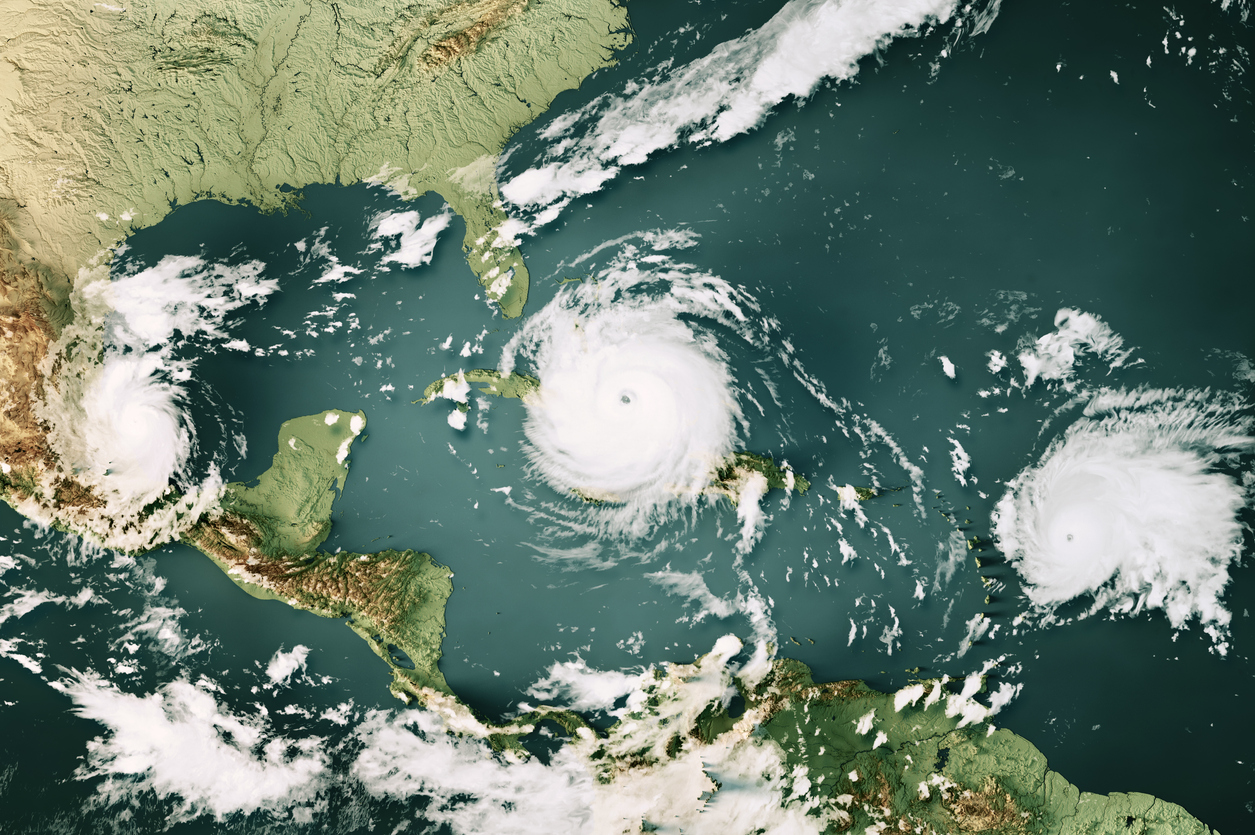In Florida, insurance defense attorneys often cite the “claims file privilege.” This “privilege” spawned from a series of overly broad court opinions over the last several years. Generally, the “claims file privilege” protects documents in the claims file created and maintained by the insurance carrier. Effectively this allows insurance companies to hide documents by merely stamping it as a part of the claim file. This “privilege” has annoyed many plaintiff attorneys over the years; but how did this privilege come about?
The “claims file privilege” is a judicially created privilege. However, Fla. Stat. 90.501 abolished common law privilege, and as a result privileges cannot be a creature of judicial construction.1
90.501. Privileges recognized only as provided
Except as otherwise provided by this chapter, any other statute, or the Constitution of the United States or of the State of Florida, no person in a legal proceeding has a privilege to:
(1) Refuse to be a witness.
(2) Refuse to disclose any matter.
(3) Refuse to produce any object or writing.
(4) Prevent another from being a witness, from disclosing any matter, or from producing any object or writing.
Florida case law held that documents in the claim file are either irrelevant to the first-party dispute or are privileged work product.2 The purpose of these holdings was to prevent the discovery of an insurance company’s claim handling process. It is widely regarded that this information is not discoverable during a breach of contract case.
As a result, defense attorneys across the state of Florida started claiming privilege for documents in the “claims file” and courts agreed with them. As a result, documents such as an adjuster’s initial estimate, notes and reports are alleged to fall within this “claim file privilege.”
However, an adjuster’s initial estimate, notes and reports are not protected work-product documents. For these documents to be work-product they would need to be created in anticipation of litigation. It cannot be said that these documents were created in anticipation of litigation when they are often created at the inception of the insurance claim, months or even years before suit is ever filed.
To combat this mythical “claims file privilege” it is necessary to first acquire the date on which the insurance carrier anticipated litigation, whether through written discovery or the deposition of the carrier’s designated representative. Thereafter, if the carrier withholds documents based upon the “claims file privilege” or “work-product privilege” the policyholder’s representative can demand an evidentiary hearing to review the validity of the alleged “privilege.”
While there are no doubt some documents that are irrelevant to a breach of contract matter or are actually protected by the work-product privilege, the idea that an insurance carrier can protect documents from discovery by merely slapping the words claim file on them is not only inequitable but at odds with Fla. Stat. §90.501.
For more information on a recent case that held the “claims file privilege” does not exist see Ashley Harris’ blog from June 15, 2020: The Mythical Claim File Privilege.
______________________________
1 Southern Bell Tel. and Tel. Co. v. Beard, 597 So.2d 873 (Fla. 1st DCA 1992); Marshall v. Anderson, 459 So.2d 384 (Fla. 3d DCA 1984).
2 State Farm Florida Ins. Co. v. Gallmon, 835 So.2d 389 (Fla. 2d DCA 2003).




